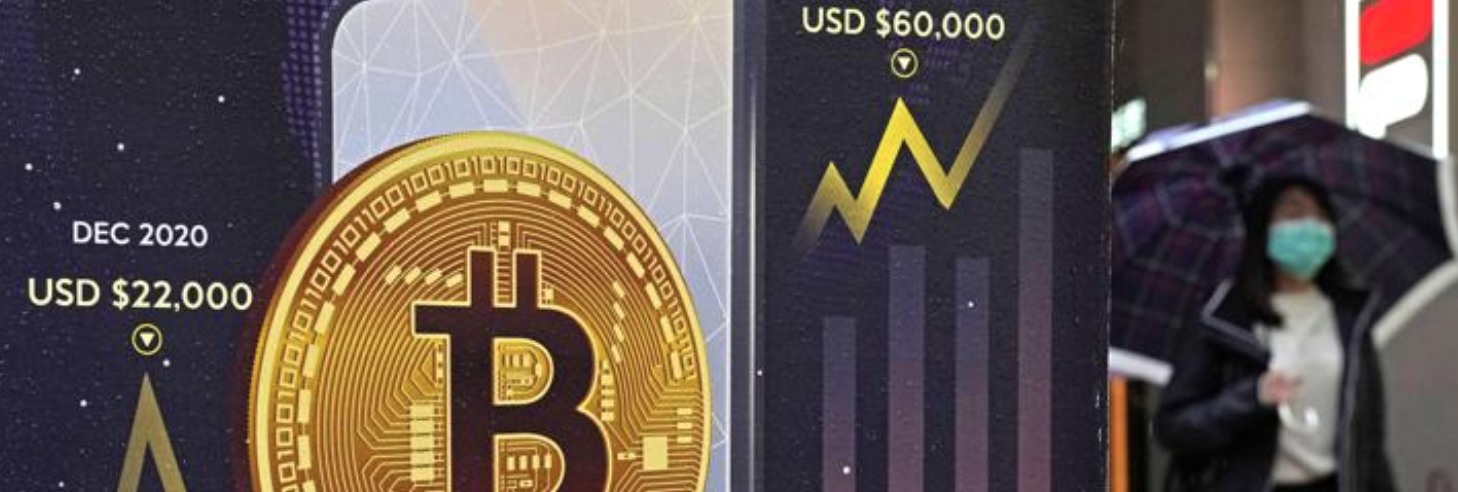DraftKings Gets Downgraded
Just days after Morgan Stanley released its glowing report on sports betting behemoth DraftKings, Argus says "not so fast".
On Monday, they downgraded DraftKings to a Hold rating from Buy on concerns that the pace of revenue growth slows this year with fewer states approving online sports betting.
"DKNG is facing fierce competition from MGM and Wynn, which are expanding their online sports betting operations, and in our view needs to strengthen its marketing efforts," noted analyst John Staszak.
Morgan Stanley thought just the opposite.
They believed that DraftKings has 30% upside.
Specifically, Morgan Stanley said “we believe at the current price ($19 per share), one should not ignore that DKNG is a leading market share player in what will be a very large profitable market.”

Staszak and his team meanwhile widen the 2022 loss estimate on DKNG $2.80 per share from $1.65 and set a 2023 loss estimate of $2.00 per share.
On valuation: "DKNG is trading at a price/sales multiple of 6, below the average of 14 for a basket of 'app economy' companies (PTON, ZM, TDOC, SHOP). However, we believe that the discount is warranted given the company's current challenges and that the stock is fully valued."
What You May Have Missed on Gambling911
Illinois Now Allowing for Remote Registrations With Sports Betting Apps
Run It Once Poker Acquired By Rush Street Interactive: "Headed Down a Path Towards the US Market"
Putin Has Gone From a Chess Player to a Poker Player Trying to Call the US, Europe's Bluff
Haste Arcade Rewards Gaming Success
Bitcoin Again Viewed as Safe Haven Amid Geopolitical Tension
This past week the AP's Matt Ott reported on how Bitcoin prices have surged with investors seeing the volatile cryptocurrency as a safe haven for their money and Russians and Ukrainians seek alternatives to their country’s financial institutions.

The price of Bitcoin dropped as low as $34,000 recently and has rebounded nicely to around $39,000 to start the week.
Russians are exchanging their rapidly devalued rubles for bitcoin to try and mitigate the impact of the economic sanctions imposed by the international communities for their country’s attack on Ukraine, Ott noted. Urkainians themselves are turning to Bitcoin as the banking in that war torn country is now limited.
Kyle Waters, a research analyst at Coin Metrics, said crypto trading data confirms that recent geopolitical events have “more generally” increased demand for cryptocurrency, which can be transferred anywhere and without the need for a third party.
“This could go for anyone, and certainly could include everyday Russian and Ukrainian citizens trying to escape a devaluing local currency,” Waters said.
But with the crisis comes the danger of regulators bringing the hammer down on the cryptocurrency sector as well.
Case in point: Steven Stradbrooke of CoinGeek on Monday warned of how certain groups were taking advantage of the situation in the Ukraine.
TRON founder Justin Sun, in particular, used his Twitter account to lambaste Ukraine’s Vice Prime Minister Mykhailo Federov.
Sun took issue with his perception of how Ukraine was treating TRON users who’d responded to a public appeal for funds to support Ukraine’s fight against Russia. Those users were forced to contribute using the Tether stablecoin, since Ukraine wasn’t accepting TRON.
To thank those who’d donated, Federov announced a since-scrapped airdrop of a new token. But Sun took exception to the politician’s alleged failure to reward TRON users via this airdrop.
While Sun tried to front-run criticism by saying his personal contribution was “not a matter of expecting a return,” Twitter critics nonetheless savaged Sun for his petulance at Ukraine’s failure to match his ‘quid’ with a suitably generous ‘quo.’
Meanwhile, the Russia PayPal, Visa And Mastercard ban announced late last week was expected to have an impact on Bitcoin and other digital currencies.
One crypto expert described the move as "a bigger earthquake than [the] SWIFT" ban.
Credit and debit cards issued by Russian banks will no longer work outside of the country while Russian businesses and cash machines will be unable to accept cards issued from outside the country.
Cryptocurrency exchanges have resisted pressure to ban Russian citizens from using Bitcoin.
Binance's founder and chief executive Changpeng Zhao, often known simply as CZ, dismissed fears that bitcoin and crypto could be used by Russia to evade sanctions, claiming "crypto is too small for Russia."
"Currently, the media and politicians are spending a lot of effort and focus on crypto and sanctions," CZ said in a statement.
"If we look at the crypto adoption today, there is probably about 3% of the global population with some kind of crypto exposure (ie, owning some crypto). Of those, most only have a small percentage of their net worth in crypto. Less than 10% on average. So, there is probably only less than 0.3% of the global net worth in crypto today. This percentage applies equally to Russia."
"We don't think there's a high risk of Russian oligarchs using crypto to avoid sanctions," Coinbase chief executive Brian Armstrong posted to Twitter this week. "Because it is an open ledger, trying to sneak lots of money through crypto would be more traceable than using U.S. dollars, cash, art, gold or other assets."
- Aaron Goldstein, Gambling911.com















